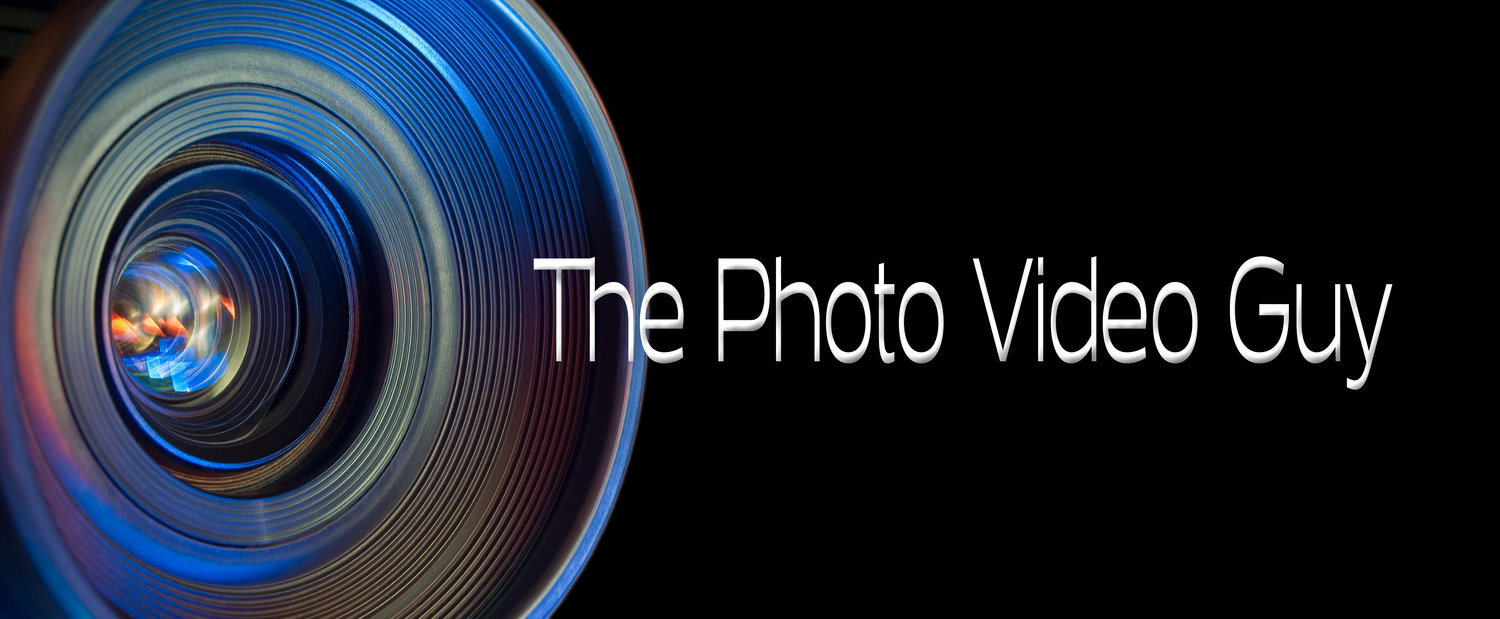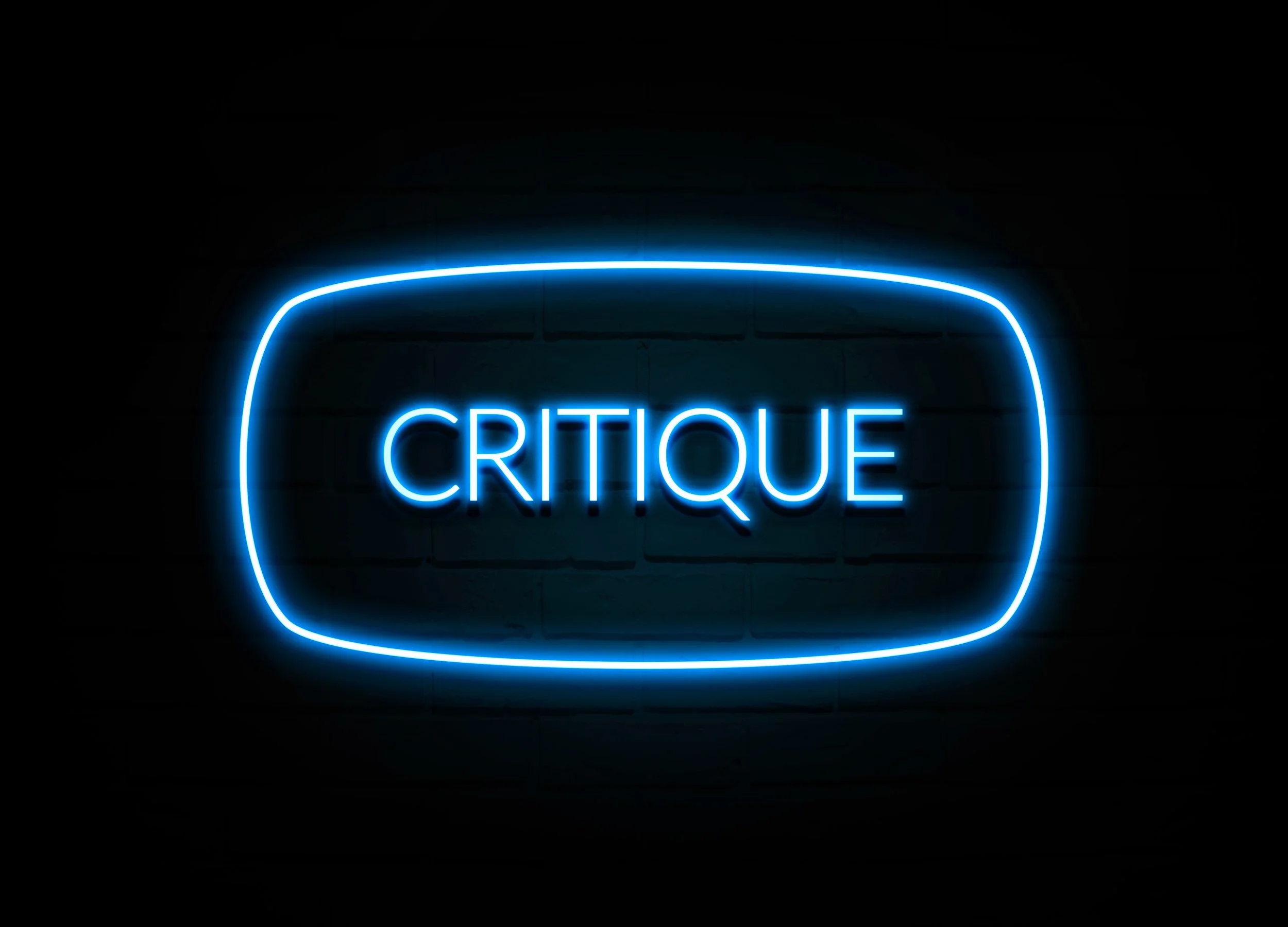Critiques versus Opinions
/From time to time, I am offered the opportunity to provide a critique to a photographer or videographer. This is a massively serious task and should not be undertaken lightly for many reasons..
The first reason is the meaning. The Oxford English dictionary provides the following;
A detailed analysis and assessment of something
Note that such an analysis done well cannot be criticism nor opinion. Interestingly when I went searching on Adobe Stock for artwork for critique, I got over 100 pages that showed criticism. Which is a huge issue since the meaning of words matter.
If someone asks for a critique and you offer criticism, then you are an asshole. Simple finished done.
If someone asks for a critique and you offer an opinion, you are the same as the lowest uninformed internet troll, an inept bag of most water.
A Critique is a Conversation
A useful critique for an artist is always a conversation. The context of a blind critique is not a critique at all. It’s something else and in its best implementation no more than the opinion of the person offering the opinion. Being unidirectional, it is of limited if any value.
When I studied to become an accredited judge for photographic contests, I stopped judging at the completion of the program because as far as I could see it was all bullshit. If the criteria for an image was “no hand of man” there is insufficient information provided to the judge and then falls to what he or she likes, with no input from the artist. Each of us can look, listen or touch art and have our own opinions. That is normal and fair, but espousing them as if they were facts is a real dick move.
What is the creative’s goal? What story is he or she trying to tell? What does he or she want the participant to see, hear and feel? Is the creative happy with the work? These and many other questions are integral to a useful critique and without answers from the artist you are unequipped to offer any useful feedback other than the approach that you would take to solve the challenge, presuming that you actually could do so in the first place. A large number of critics haven’t the skill to wash their own hands, let alone offer an opinion.
I rarely do public critiques any longer and am frankly pissed off at myself for the last one that I did because it invited comments from other viewers who with possibly best intent did not have a conversation, they just said what they thought would be better. That’s simplex conversation, like receiving an order with no opportunity to question it and that kind of crap drives a lot of creatives to not participate at all, or to keep their work hidden because they don’t like getting uninformed opinions dumped on them like so much dung exploding from a defective toilet. I will never do one of those again. The artists all handled things well, I was nauseated, and I choose not to do things that make me nauseous or go against my values.
If some person asks for an opinion or criticism, have at it. They will get what they wanted. However if that person asks for a critique and you aren’t willing to go deep and long with them in conversation and to prepare in advance, do the world a favour and shut your piehole.
Growing as an Artist
Many creatives believe that they can only grow through the feedback from others. That depends on one’s personal goals. If you only judge your work by the response of some other person or group, you are already lost. The only perspective that matters really about your work is your own. If you like it great. If you don’t like but see it as an opportunity for growth, then build on it, and if you come away saying that it’s junk, the opinion of every Instagram viewer that tells you it’s brilliant will not change what you know in your mind, presuming you have a mind and not just a desire for the ego boost of someone giving you a like or thumbs up. If you are that person, well neighbour, move along, you’re in the wrong place.
Richard Halley’s Fifth Concerto
I will not explain that header. If you know great, if you don’t and choose to read the book where it originates, more power to you, and if you do nothing, that’s also your choice. I don’t care one way or another.
Pablo Picasso did his work without particular concern about whether people liked it. Some did. Vincent Van Gogh painted and no one liked his work until he was dead and gone. Jackson Pollock didn’t ask someone else’s opinion when he made his art. That I get nothing from it, is true for me, but I never had the opportunity to ask Mr. Pollock what intent or story he had that I was not seeing. I may not hang a Pollock or a print of one, and to Mr. Pollock that would mean absolutely nothing. His work, his choice, my opinion would have been and should be irrelevant to him.
I see daily creatives posting work seeking validation from others because they innately believe that they cannot determine the value of their own work themselves. I feel sorrow for these people as well as annoyance, because they choose to miss so much. If you make a photograph that speaks to you and delivers on your intent, well done. What anyone else thinks of it doesn’t matter at all except to them. Not you. If you make a photograph that you see as a failure, remember that to grow, one must also fail, and junk it. Asking someone else if it’s good does not matter. You already know for yourself it’s lousy so stop wasting time and learn to trust yourself. Frankly if you cannot trust your own judgement in truth of your own work, art is probably not for you.
In Conclusion
I understand that I sound like an angry old man. I’m actually not. It saddens me because I care when a creative engages in self-destructive behaviour by putting the opinion of someone else above their own in the context of their own creativity. A true critique can be very helpful but only when it is an open conversation devoid of criticism or opinion, unless those things are asked for by the original artist. A great photographer whose work you adore may not be able to do a proper critique. I’ve met a small number who can, and a vast crowd who are incapable of a decent critique. I may still love their work, but I would not ask the person for a critique. Art is subjective, it’s not clear logic.
Do you have an idea for an article, tutorial, video or podcast? Do you have an imaging question unrelated to this article? Send me an email directly at ross@thephotovideoguy.ca or post in the comments. When you email your questions on any imaging topic, I will try to respond within a day.
If you shop with B&H Photo Video, please consider doing so through the link on thephotovideoguy.ca as this helps support my efforts and has no negative impact whatsoever on your shopping experience.
If you find the podcast, videos or articles of value, consider clicking the Donation tab in the sidebar of the website and buy me a coffee. Your donation goes to help me keep things going.
Click this link to submit your questions
I'm Ross Chevalier, thanks for reading, watching and listening and until next time, peace.









